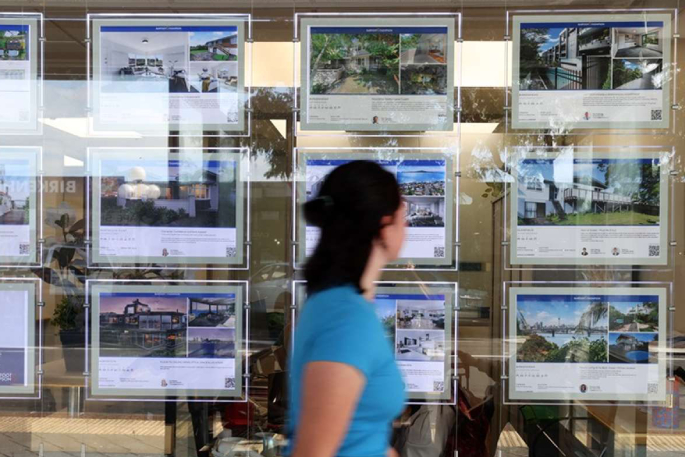ANALYSIS: I run five surveys each month and recently all of have recorded firm declines in sentiment about the economy and intentions of doing things like hiring people, buying houses, and spending money.
Why all of a sudden has the likes of my consumer spending plans reading gone from just a net 13% planning to buy fewer things in December to now a net 36%?
One new factor in play is a loss of confidence about the labour market discussed here last week.
The many news items about redundancies have made people wary of committing to the purchase of something large in case they won’t be able to service the resulting debt.
A second factor is the strong rise in the number of people looking to take advantage of last year’s house price gains by selling the home they live in or – and this is new – their long-held rental property.
House prices are now easing on average 0.3% a month after earlier rising 0.8% a month and there is a new negative wealth effect in play.
Of greater importance, however, is the third factor I’d like to note – a fresh deterioration in the outlook for house building. It is not just that the number of consents issued for the construction of new houses and units is falling rapidly.
Developers are struggling to get enough presales to satisfy bank requirements and that means projects can’t be started.
But the debt raised to purchase and get ready the land upon which units will sit continues to grind down the developers’ cash balances. Liquidation lies ahead for many.
A fourth factor is the way in which IRD are no longer being friendly and forgiving in the face of a need for community cohesion to fight a pandemic.
They are reminding businesses they have to pass onto them the GST they have collected along with PAYE and KiwiSaver contributions.
This new source of cash outflow is restricting finances for some businesses, especially those in hospitality, construction and retailing.
The fifth factor needing to be noted is that pandemic savings built up by households and businesses have probably all been used up.
That is what analysts believe has recently happened in both Australia and the United States and although we lack data the chances are we are in the same position. Again, cash flows and cash balances become a problem.
 Independent economist Tony Alexander: "Virtually all households are now being hit by soaring insurance and/or council rates bills." Photo / Fiona Goodall.
Independent economist Tony Alexander: "Virtually all households are now being hit by soaring insurance and/or council rates bills." Photo / Fiona Goodall.
Six, only now have we entered the traditional period 18-24 months along from a monetary policy tightening when that tightening is expected to have its most devastating impact on inflation.
In fact we are exactly 18 months on from November 2022 when the Reserve Bank raised the official cash rate by 0.75% and said we would have a recession.
Seventh, virtually all households are now being hit by soaring insurance and/or council rates bills.
This means even older people with no mortgages are for the first time in this period of restraint becoming worried about their weekly budgets and whether they can afford to stay in their house.
These two specific worries may also be acting as a trigger for the many older investors who have been holding their property to fund retirement to actively plan to sell it.
Paying soaring rates on one’s home and a rental asset at the same time is too painful for many.
Given that virtually all these older investors will be selling their investment property at a price multiples above what they paid for it, the current weakness in prices may not really matter much to them.
For investors looking to expand and first home buyers looking for their first owned home, conditions are actually improving – as long as one is confident about retaining employment and has factored in higher home ownership ongoing expenses.
- Tony Alexander is an independent economics commentator. Additional commentary from him can be found at www.tonyalexander.nz



2 comments
Hmmm
Posted on 15-05-2024 14:19 | By Let's get real
At some stage we must start to point the finger of blame for increasing property values at the realestate sector. They claim to have little to do with increasing values, but when you're working on commission, what do you expect to happen.
The realestate sector needs to be reigned in and have a wage structure applied to agents.
No more incomes into the agencies and agents based on property values, it needs to be heavily regulated and open to public scrutiny
Hmmmmmm
Posted on 16-05-2024 09:20 | By Alfa male
Real estate agents do not set the asking price of houses for sale, they suggest an asking price based on what other house have sold for. Their advice is based on what house buyers are prepared to pay, advice which the house owner may choose to accept or reject, ask for more or less. So it is house buyers who have been prepared to pay ever increasing prices that have caused house prices to go up. That is people like you and me who continue to buy house for ridiculous amounts of money who are the cause of this.
Leave a Comment
You must be logged in to make a comment.